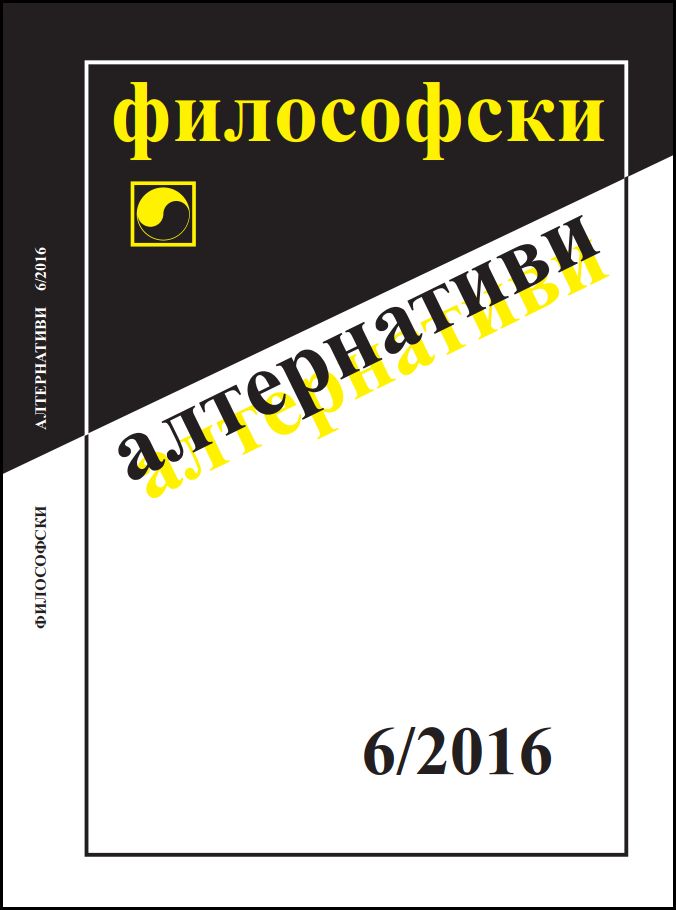Лайбниц и машините на природата
Leibniz and the Natural Machine
Author(s): Michel FichantContributor(s): Lydia Kondova (Translator)
Subject(s): History of Philosophy, Metaphysics, Epistemology, Renaissance Philosophy, Early Modern Philosophy, Philosophy of Science
Published by: Институт по философия и социология при БАН
Keywords: Leibniz; natural machine; artificial machine; body; aggregate; matter; identity;substance;
Summary/Abstract: The concept of the natural machine was introduced by Leibniz in 1695 in his Système nouveau de la nature et de la communication des substances. It provides the real definition of the organic body, and gives a criterion for distinguishing between bodies that are organic and those that are not: the decomposition, to infinity, of the machine into other machines, without end, is not in itself a machine. This nested structure corresponds to what gives form to the materia secunda, as Leibniz calls it. It can also be regarded as an aggregate resulting from an infinity of monads, as well as an aggregate that contains corporeal substances situated each within the other, to infinity. Thus, the natural machine allows supporting the positivity that the concept of corporeal substance always retains in Leibniz’s view, even in the latest developments of the monadological ontology, which cannot be reduced to an idealistic thesis.
Journal: Философски алтернативи
- Issue Year: XXV/2016
- Issue No: 6
- Page Range: 5-33
- Page Count: 29
- Language: English, Bulgarian
- Content File-PDF

